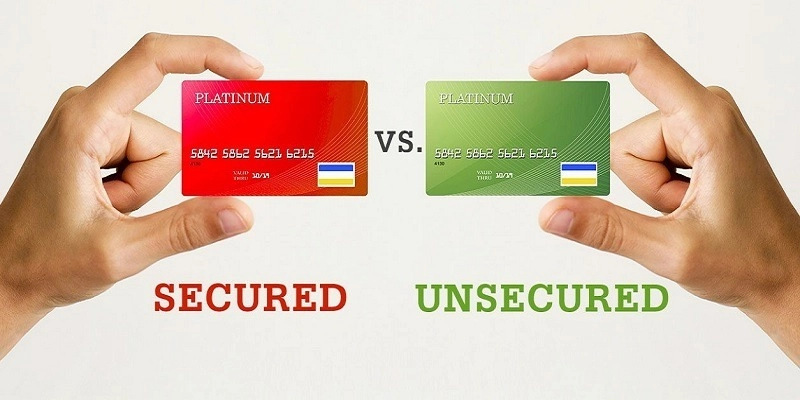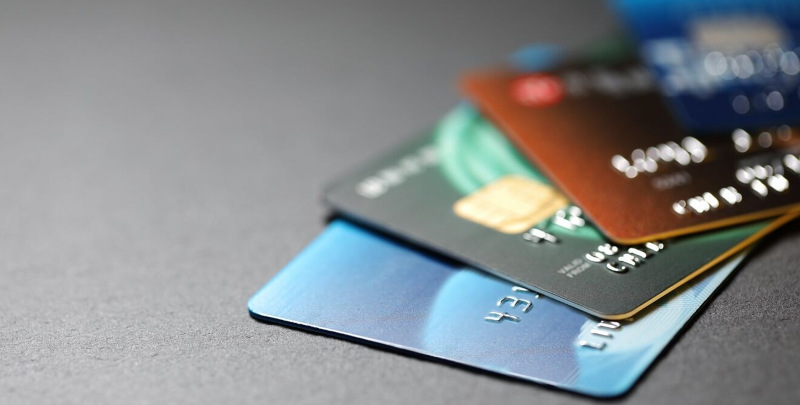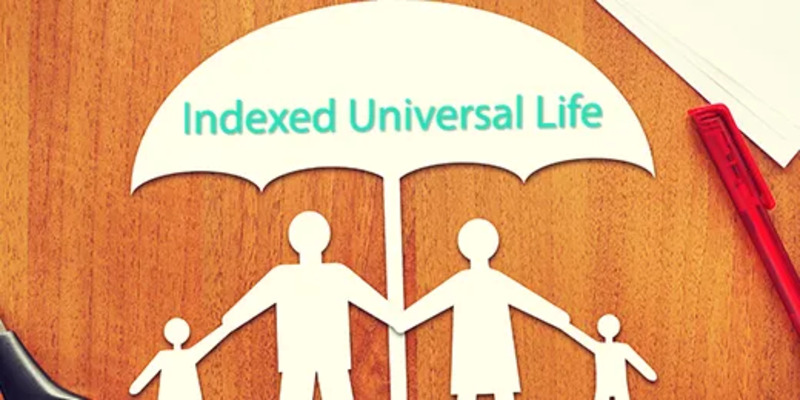Finding a borrowing card issuer willing to give you approval when a good credit score has dropped to the low 580s can feel impossible. Fortunately, there is a category of credit cards for which approval rates are extremely high. The first step in selecting the best credit card for your company is to learn the distinctions between secured and unsecured cards. Most Americans carry at least one credit card, so good credit entrepreneurs can easily access credit card financing. But what options do you have as a business owner if you don't have an excellent credit history? Would it be wise to apply for a line of credit? Continue reading to find out how your company can benefit from an unsecured or secured credit card.
Secured Credit Cards Differ From Unsecured Credit Cards
How To Get A Secured Credit Card
The application process for a secured card is identical to that of an unsecured credit or debit card; first, you compare good payment cards to find something that offers users the same benefits and then apply. You will need to provide your name, date of birth, address, identification number, employment details, and income on an implementation for a secured card. When applying for a secured credit card, the guarantee is typically paid at the time of application and can be made from a bank account or debit card. Your security deposit will return to you within a few trading days if your implementation for something like a secured card is denied.
Unsecured Card Upgrade

You may be thinking about switching to such an unsecured bank card after using a secured one for some time and seeing your credit score rise. You can either obtain a new credit card but close your existing secured credit card account, or you can request a transfer of your secured personal loan to an unsecured card from your card issuer. Note that if you have an open secured debit card and close it while it is in top form, you will receive your entire deposit back. Secured credit card vs. unsecured credit card for credit building, whether you get a secured or unsecured credit card, the result will be the same:
- An improved credit score. It's important to note that both kinds of cards review your purchases and activity with the major credit reporting agencies (Equifax, Experian, and TransUnion).
- The bureaus compile details about your direct debit use, such as your purchases, balances, and payments, to provide a profile of your creditworthiness.
- Pay your bills early or on time every month but instead, keep your credit utilization rate below 30 point margin if you want to build credit and maintain a high score.
Which Is The Best Option For You?

If you want to repair your credit or start a credit history from scratch, a protected credit card could be the way to go. Secured credit cards can help people get back on track quickly and easily. Secured credit cards give those with little or no credit history a safe place to start. Also, if you're concerned about losing your initial deposit, rest assured that it's usually returned to you after you've paid off your balances and maintained good standing with the bank. An unsecured cardholder may be a good option if you have a solid financial track record and a high credit score. You can take advantage of enticing perks like reduced interest rates and fees.
Conclusion
Secure but unsecured credit cards can serve you well, depending on your needs and preferences. If you're trying to establish or repair your credit, a secured card holder might be the best option, even though you'll need to deposit and might not even enjoy many perks. However, most of the advertised credit card offers are probably for unsecured credit cards, even if they don't use that term. Creditors may be more discerning about who they approve for these cards, even if they come with enticing bonuses if the applicant does not have an excellent credit history. If you begin out of it with a credit card or loan and maintain a positive payment history, you may eventually be eligible for an unsecured card.







